CHREY THUM, Cambodia — Convoys of dump trucks stirred up clouds of dust that obscured the road leading to an eerie town in Chrey Thum, a border town in Kandal, on Friday afternoon. The compound, which has been renamed “Golden Fortune Resorts World,” was originally known as the “Golden Fortune Science and Technology Park” and developed by the Prince Group.
The heavily guarded compound is linked to the Cambodian group, which has drawn international scrutiny after U.S. and British authorities designated it part of a transnational scam network involving forced labor, online fraud and money laundering, with growing ties to Korea now under investigation.
Located in Chrey Thum, the site remains operational even after authorities shut down similar scam centers in Phnom Penh and Sihanoukville. At the entrance, five armed guards patrol a four-story building with steel bars sealing off every window and balcony. The road from the gate to the border with Vietnam is lined with Chinese-language signs.
Men, many shirtless and tattooed, conversed at roadside cafes under a flag that reads “Chrey Thum Chinatown.” Nearby, construction workers moved building materials across an open lot.
“People know there’s gambling, drugs and online scams happening inside,” said a local Cambodian vendor selling groceries outside the compound. “If it disappears, many Cambodians here will lose their jobs.”
The Prince Group was founded by Chinese-Cambodian businessman Chen Zhi, who is now at the center of international sanctions. On Tuesday, the U.S. Department of the Treasury and the British government declared the Prince Group a transnational criminal organization that is operating at least 10 scam centers in Cambodia. The United States has accused the group of luring foreign nationals with fake job advertisements and coercing them into committing online fraud.
Authorities also moved to freeze Prince Group assets in their jurisdictions and announced plans to seize over 127,000 Bitcoin, estimated to be worth nearly $15 billion, allegedly held by Chen.
Tensions have risen around the Chrey Thum site since the announcement. A dump truck was seen leaving the compound carrying more than 20 men, believed to be Chinese or Southeast Asian nationals. A video posted to a Southeast Asia-focused Telegram channel claimed that Chinese people are fleeing Chrey Thum.
Elsewhere in Phnom Penh, the headquarters of Huione Bank — which the U.S. Treasury linked to the group’s financial operations — had its signage removed on Thursday. Around 20 Chinese nationals lined up outside in what local sources described as a bank run. A bank employee told a reporter that crypto-to-cash exchanges were only possible with an active Huione account.
Korean authorities have also begun probing domestic ties to the Prince Group. The group previously operated in Seoul under the name “Kingsman Real Estate Group” with an office in a building in Gangnam District, southern Seoul, according to Rep. Suh Bum-soo of the People Power Party.
“The government is reviewing whether to open a formal investigation,” Yoo Jae-seong, acting commissioner general of the National Police Agency, said on Friday.
In Takeo, another Cambodian province, Korean officials visited a site previously managed by the Prince Group and found six buildings housing more than 3,000 people. Each building had approximately 30 rooms per floor across three levels. Businesses on the ground floor included regional restaurants, electronics stores, nail salons, travel agencies and a hospital. One storefront advertised services such as “customized orders for foreign platforms, fake reviews and cryptocurrency theft.”
“Many of them believed it was a way out of a dead-end life,” said a former detainee who helped rescue around 20 Koreans from a scam center. “I once saw 12.8 billion won [$8.9 million] flow through in just 11 days. When people see that kind of money, they lose control.”
A former laundering operative based in Sihanoukville also shared a story with the JoongAng Ilbo.
“It’s not something regular people can understand or justify,” the source said. “But in this world, if someone causes a loss, they pay a price. That’s the rule.”
The Korean government repatriated over 60 Korean nationals detained in Cambodia to Korea on Friday.
“Most of them are wanted under Korean arrest warrants, and some are listed on Interpol red notices,” National Security Adviser Wi Sung-lac said during a press briefing at the presidential office in central Seoul on Friday. “To my knowledge, all are subject to arrest.”
This article was originally written in Korean and translated by a bilingual reporter with the help of generative AI tools. It was then edited by a native English-speaking editor. All AI-assisted translations are reviewed and refined by our newsroom.
![An alley in Chrey Thum, a border town in Kandal, Cambodia, on Oct. 17 [LEE YOUNG-KEUN]](https://imgnews.pstatic.net/image/640/2025/10/19/0000078445_001_20251019191913049.jpg?type=w860)
![Prince Bank located inside the Prince Group headquarters building in Phnom Penh, Cambodia, on Oct. 19 [YONHAP]](https://imgnews.pstatic.net/image/640/2025/10/19/0000078445_002_20251019191913239.jpg?type=w860)
![The entrance of a compound in Chrey Thum, a border town in Kandal, Cambodia, on Oct. 17 [LEE YOUNG-KEUN]](https://imgnews.pstatic.net/image/640/2025/10/19/0000078445_003_20251019191913421.jpg?type=w860)
![A bar on the first floor in Takeo, Cambodia on Oct. 16 [LEE YOUNG-KEUN]](https://imgnews.pstatic.net/image/640/2025/10/19/0000078445_004_20251019191913513.jpg?type=w860)
![The Cambodian national flag flying at Techo International Airport in Cambodia on Oct. 15 [NEWS1]](https://imgnews.pstatic.net/image/640/2025/10/19/0000078445_005_20251019191913607.jpg?type=w860)

























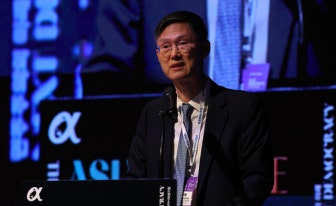
















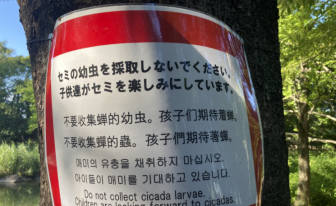
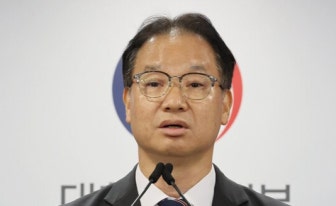
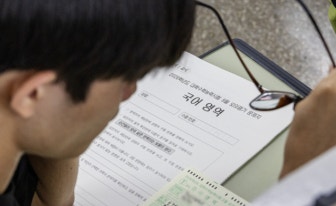

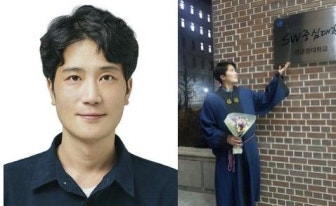

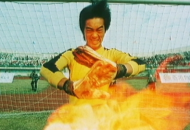




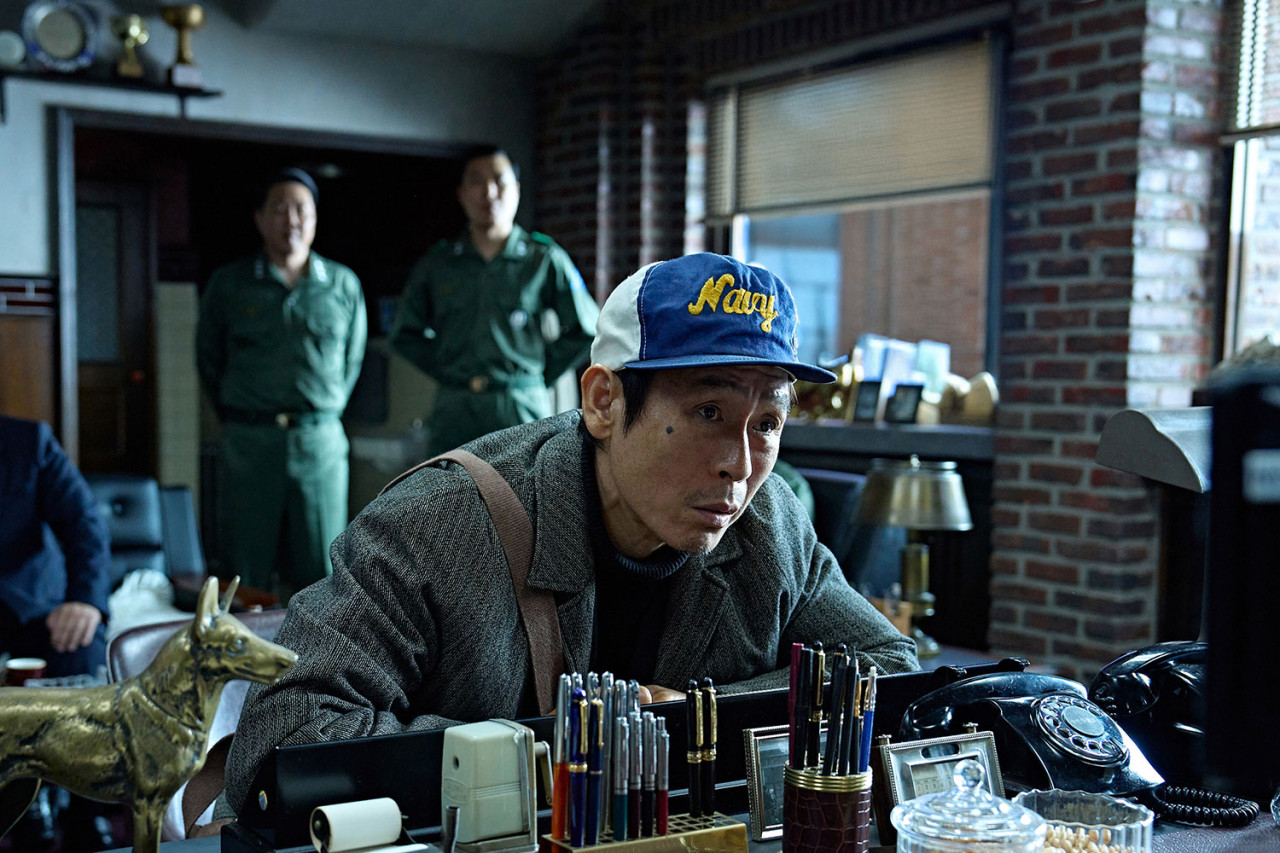.jpg?type=nf190_130)



